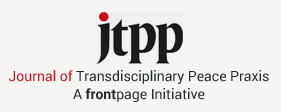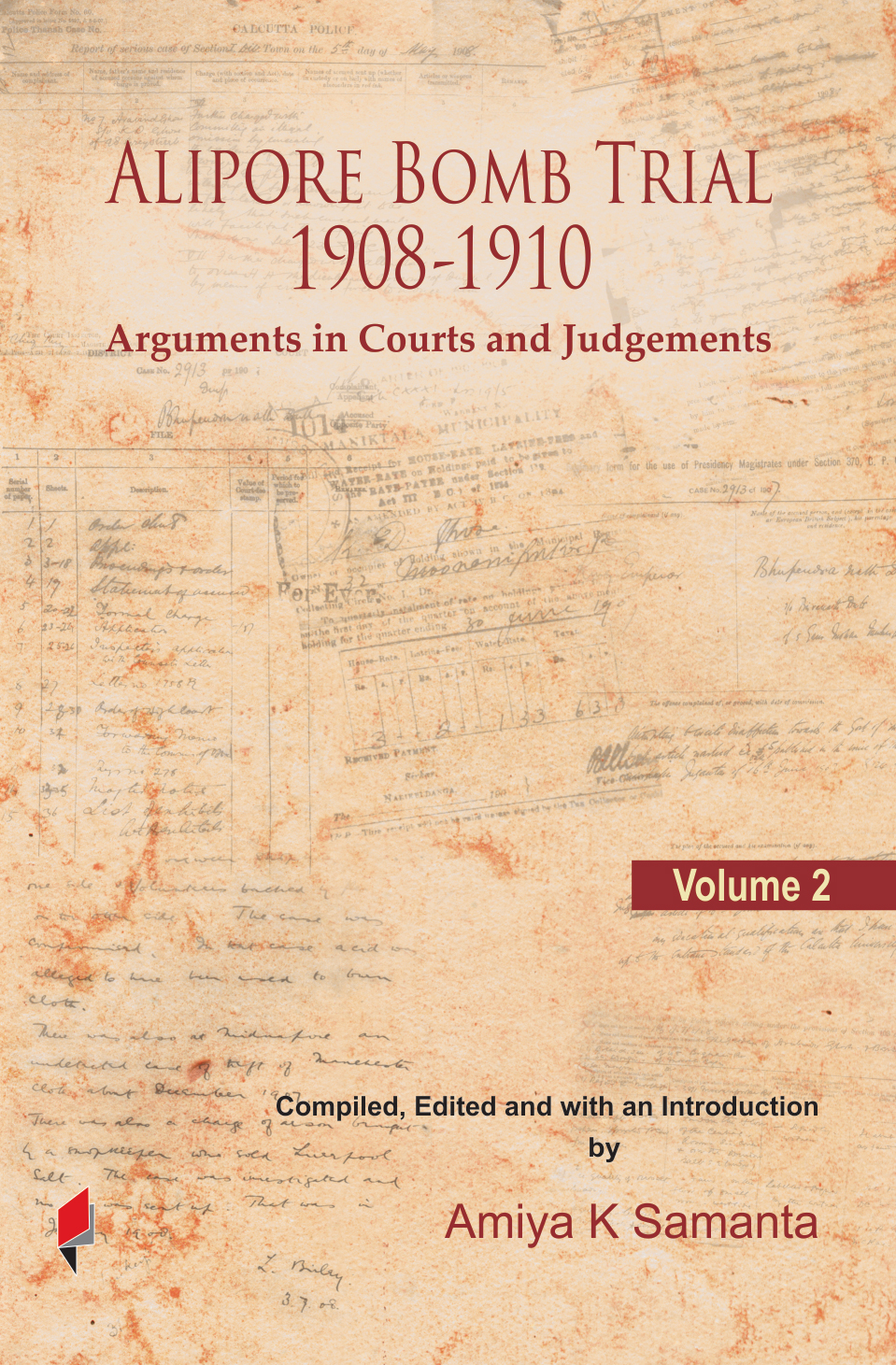Description
Just released…
Online Buying Price: £ 39.95; INR 1,395; $ 59.95
Alipore Bomb Trial or Maniktala Conspiracy Case, as it is popularly known, occupies a significant place in the history of India’s freedom struggle. Soon after the assassination attempt on Magistrate Kingsford at Muzaffarpur, in a massive police raid several young men including Sri Aurobindo were arrested from Calcutta and 36 of them were committed to Alipore Sessions Court for trial.
Alipore Bomb Trial, 1908-1910: Arguments in Courts and Judgements, Volume 2 critically examines the trajectory of colonial justice from committal inquiry stage to the hearing of the appeal in the High Court. Laws and procedures were violated more by design than due to inadvertence. Without any sanction from the Government, Magistrate Birley added section 121 IPC carrying death penalty to the charge. Beachcroft, the trial judge, upholding Birley’s decision, sentenced Barindra K Ghose and Ullaskar Datta to death and nine others to transportation for life. High Court dropped the unauthorised section and the sentences were suitably reduced.
Although Aurobindo was acquitted in the Sessions trial, he was considered as “the most dangerous person” in India. To remove him from the political scene, a charge of sedition was brought, but the High Court quashed the complaint as the article of Aurobindo contained no ingredient of sedition. The correspondences, exchanged between the officials of the Local and the Federal Government and between the Viceroy and the Secretary of State for India, show that the British Government was a prisoner of their own liberal law and justice reform.
An astute analysis of the historic courtroom perorations of Chittaranjan Das, and other defence counsels viz. Bymokesh Chakraborty, R C Banerjee, Bijoy Krishna Bose in the Sessions Court as well as in the High Court and the rare photographs included make an interesting read.
Amiya K Samanta, an alumnus of Presidency College, Kolkata, joined the Indian Police Service in 1962 after a short stint as a teacher. He retired in 1995 as Director General of Intelligence Branch, West Bengal and thereafter served in the State Police Commission, West Bengal and taught in the National University of Juridical Sciences, Kolkata for five years.
Samanta did his Ph D in Political Science in 1982, and the thesis was published as Left Extremist Movement in West Bengal in 1984. His other publications include: Terrorism in Bengal (Edited classified documents in 6 Vols, 1995), Gorkhaland Movement: A Study in Ethnic Separatism (2000), Vidyasagar (in Bengali 2010), Santrasbad (in Bengali 2011). Samanata also edited Hem Chandra Kanungo’s Account of the Revolutionary Movement in Bengal (An English translation of Bangalaya Biplab Prachesta, 2014).





